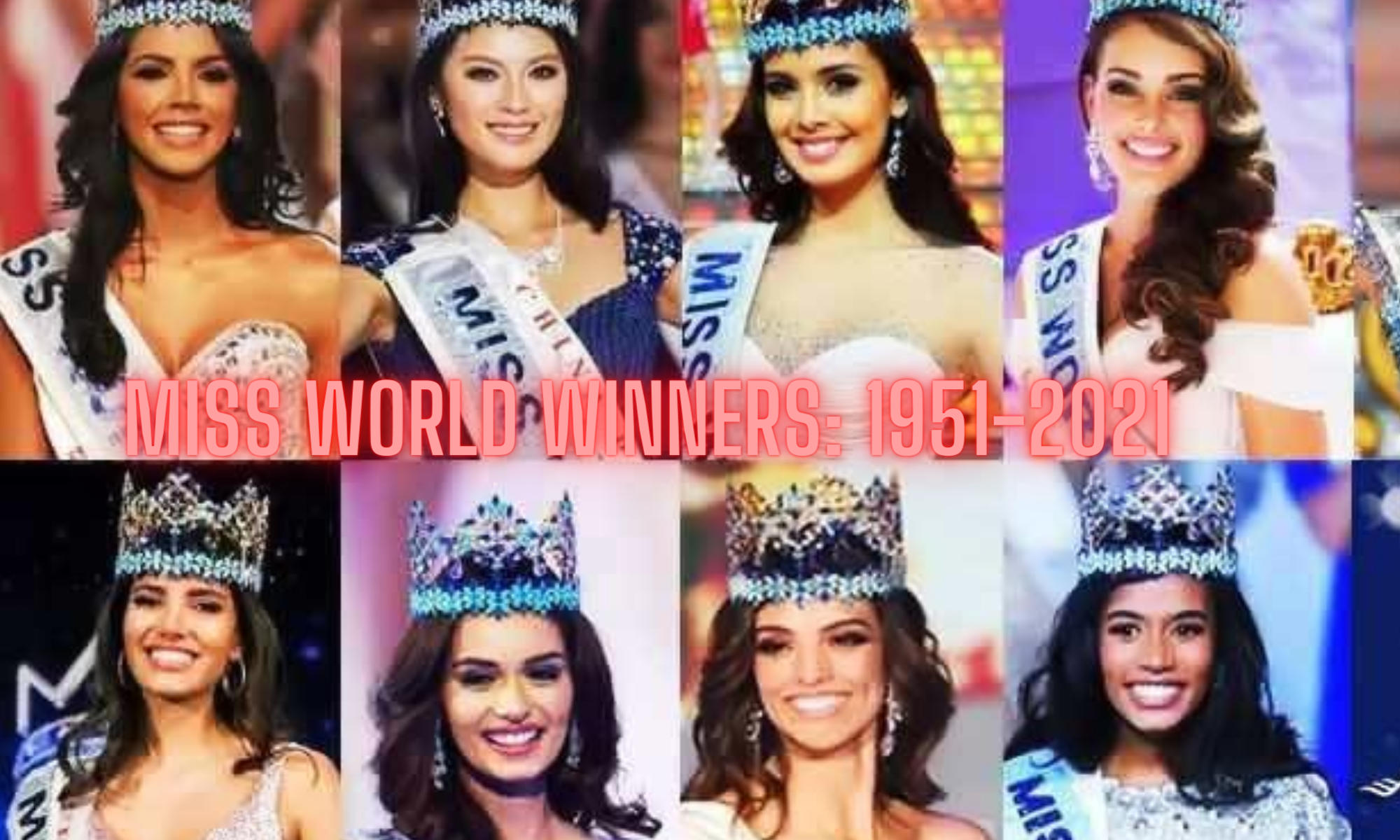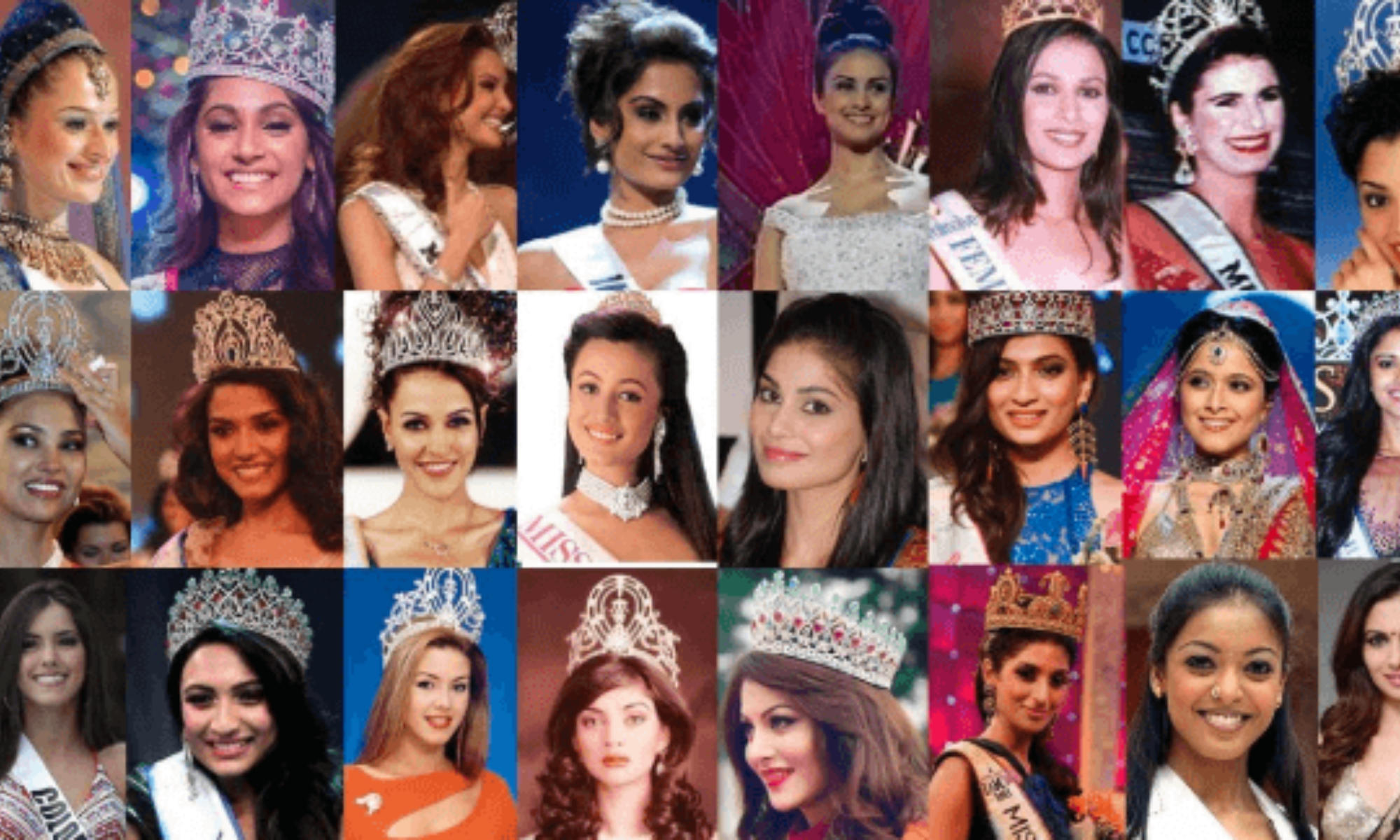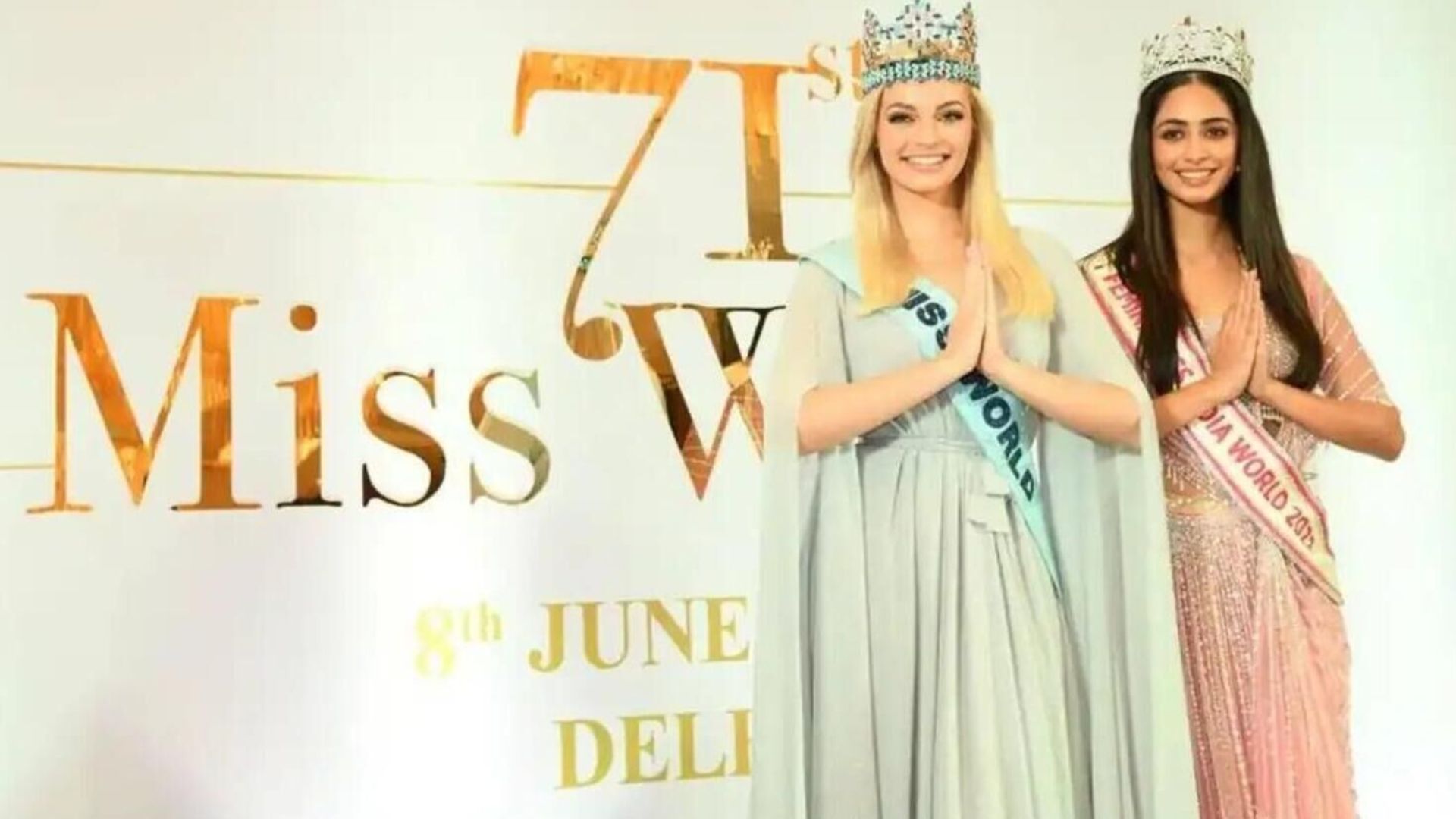From the First Miss World to the Latest Winner: 71 Years of Beauty Pageant History
Thesis Statement
Over seven decades of evolving social, cultural, and political landscapes, beauty pageants have remained a contentious phenomenon, reflecting and shaping societal norms while simultaneously facing criticism for perpetuating outdated ideals and promoting a narrow definition of beauty. This essay critically examines the complexities of beauty pageant history, exploring the transformative nature of the industry, the diverse perspectives it evokes, and its broader implications for our understanding of beauty and social progress.
The Evolution of Beauty Standards
Since the inaugural Miss World pageant in 1951, the criteria for beauty have undergone significant shifts. In the early years, women with fair skin, symmetrical facial features, and voluptuous figures were celebrated as the epitome of loveliness. However, as feminist movements gained traction in the 1960s and 1970s, a broader definition of beauty emerged, challenging traditional Eurocentric standards. Contestants of diverse ethnicities and physical attributes began to grace the pageant stage, reflecting a growing appreciation for inclusivity and individuality.
The Power of Representation
Beauty pageants have the potential to empower women by providing them with a platform to showcase their talents, intelligence, and social activism. For winners like Aishwarya Rai (Miss World 1994) and Vanessa Williams (Miss America 1984), their victories became symbols of cultural pride and inspiration for girls around the world. The presence of women from diverse backgrounds on the pageant stage has contributed to a more nuanced understanding of beauty and challenged stereotypes.
Criticism and Controversy
Despite the progress made towards inclusivity, beauty pageants have also faced criticism for perpetuating unrealistic beauty standards and objectifying women. Critics argue that the emphasis on physical appearance perpetuates a narrow and unattainable ideal of beauty, leading to body dissatisfaction and self-esteem issues among young women. Moreover, the swimsuit and evening gown competitions have been criticized for sexualizing contestants and reinforcing patriarchal notions of female attractiveness.
Modern Adaptations and Future Prospects
In response to these criticisms, modern beauty pageants have undergone adaptations to address societal concerns. The Miss America pageant, for example, eliminated the swimsuit competition in 2018, focusing instead on contestants' intelligence, advocacy work, and social impact. Other pageants have introduced categories that award women for their achievements in fields such as science, technology, and the arts. These changes suggest a shift towards a more holistic and empowering definition of beauty.
Conclusion
The history of beauty pageants is a complex tapestry of evolving standards, cultural influences, and social controversies. While the industry has made progress towards inclusivity and representation, it continues to navigate the challenges of perpetuating unrealistic beauty ideals and objectifying women. As beauty pageants continue to adapt to changing societal norms, it is crucial to critically engage with their role in shaping our understanding of beauty, representation, and women's empowerment. By critically examining the complexities of pageant history, we can contribute to a more nuanced and inclusive dialogue about the role of beauty in our society.
Eleanor Roosevelt: A First Lady Who Redefined The Role
María Félix – Legendary Mexican Film Actress Who Lived In Argentina For Several Years.
Jennifer Aniston’s Life Beyond Friends: A Star’s Journey



